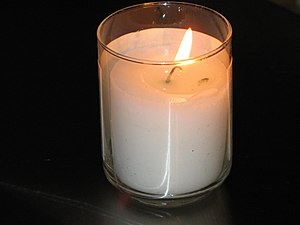Image: A white rose at the 9/11 Memorial in NYC. ( Wallula / Pixabay)
There is a famous saying that holding a grudge is like taking poison and expecting the other person to die. On the one hand, it is very important that we never forget the days like 9/11, the Holocaust, and other such dates which will “live in infamy.” On the other, it is important not to allow those memories to poison us. How are we to resolve the two?
Remember what Amalek did to you on the way as you came out of Egypt, how he attacked you on the way when you were faint and weary, and cut off your tail, those who were lagging behind you, and he did not fear God. Therefore when the Lord your God has given you rest from all your enemies around you, in the land that the Lord your God is giving you for an inheritance to possess, you shall blot out the memory of Amalek from under heaven; you shall not forget! – Deuteronomy 25: 17-19.
This is the teaching we will soon read as part of our weekly Torah reading. Amalek was the ancient enemy of the Israelites, and we are commanded both to “blot out the memory of Amalek” and “not forget.”
We succeed in keeping these twin commandments when we refuse to allow the pain of the past to transform us into those who have done evil to us. We must not allow ourselves to be infected by the hatred that drives a terrorist, by the racism that drove the Nazis. Those senseless hatreds are what we must blot out forever. At the same time we must strive to remember what it is to suffer, to remember what terrorism and genocide really look like.
When we manage both to blot out evil and yet to remember, we persist in lives of Torah, which means caring for our own needs as well as caring for the well-being of the stranger among us. Only when and if that individual stranger proves to be an enemy may we treat him or her as such.
Remember? Forget? We must do both. It is not easy, but the memories of all the dead deserve no less.
This is an edited repost of an earlier message on this blog.




